Saturday, 04/05/2024 | 17:12 GMT+7
That’s why as populations grow and demands for water increase the focus on how it’s used and conserved become more important than ever before. And it’s why CDC is working in various ways to find ways of ensuring clean water and using it wisely.
It’s the reason that this year, on World Water Day, March 22, the theme of Water and Energy![]() is more than just a throw-away phrase.Producing energy, after all, requires a lot of water. One of the best ways to conserve water is to conserve energy. And like water itself, the question of how to balance all the competing demands for water and conserve energy at the same time seeps in many directions.
is more than just a throw-away phrase.Producing energy, after all, requires a lot of water. One of the best ways to conserve water is to conserve energy. And like water itself, the question of how to balance all the competing demands for water and conserve energy at the same time seeps in many directions.
Sanitation is one. As we continue working to increase sustainable access to basic sanitation especially in under-developed countries, we face the challenge of having to collect and treat large quantities of human waste. Conventional centralized waste treatment systems are out of the question. They are far too expensive to build and operate.
Solar power, however, is a free, renewable and abundant resource. Today solar energy is an inexpensive and innovative option for treating waste that is becoming more widespread and accepted.

One type of solar concentrator used to treat waste
The technology concentrates the heat of solar energy reflected from specially designed surfaces to heat-treat fecal waste so it can be safely discarded or potentially repurposed for use as fertilizer or fuel. Devising sustainable, effective and low-cost methods for treating waste are critical components of a holistic waste management system. The benefit to public health is immense since a well-functioning system can limit and even prevent the spread of infectious diseases, such as cholera and typhoid fever. Those diseases, as well as others spread through the fecal-oral route, are among the primary causes of illness and death in the developing world. The threat is particularly large in crowded refugee camps where adequate sanitation infrastructure is scarce. These are just a few of the reasons CDC is actively involved in efforts to find innovative ways to treat waste.
With an award from CDC’s Innovation Fund, for example, CDC’s Waterborne Disease Prevention Branch partnered with CDC’s Divison of Global Migration and Quaratinne, CDC Kenya, and the non-governmental organization Sanivation to pilot a small-scale solar sanitation system in Kakuma refugee camp in northern Kenya which houses more than 100,000 refugees.
The Kenya Medical Research Institute (KEMRI) CDC laboratory staff in Kibera, Nairobi received training and havecompleted initial laboratory work assessing the effectiveness of solar sanitation in treating human waste in the local setting. Under the right conditions, solar sanitation substantially reduced the amount of a fecal indicator bacterium, E. coli, in treated waste, proving that this is a promising concept.
Field teams are currently leading focus group discussions with Kakuma refugee camp residents and staff that could lead to better designs of latrines, and modification to the novel solar sanitation system. At the same time, anengineering team![]() from the Georgia Institute of Technology is working to develop new and improved latrine designs that will encourage residents to use latrines rather than open defecation. A pilot-scale test of this new and innovative fecal sludge management system, including the energy-conserving solar treatment of waste, will provide information on the safety, affordability, and sustainability of this option for the residents of Kakuma refugee camp.
from the Georgia Institute of Technology is working to develop new and improved latrine designs that will encourage residents to use latrines rather than open defecation. A pilot-scale test of this new and innovative fecal sludge management system, including the energy-conserving solar treatment of waste, will provide information on the safety, affordability, and sustainability of this option for the residents of Kakuma refugee camp.
This is one small step to think about on World Water Day that could improve water quality by ensuring waste is appropriately managed, and quality of life while decreasing energy use and disease transmission.
Cdc.gov
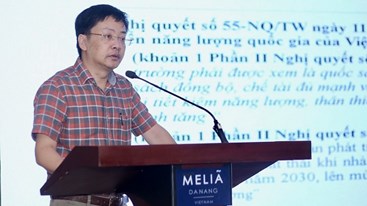

.png?w=367&h=206&mode=crop)
.jpg?w=367&h=206&mode=crop)
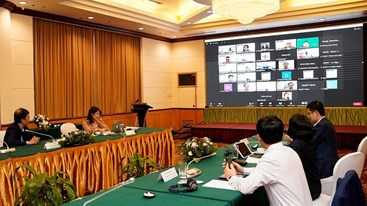
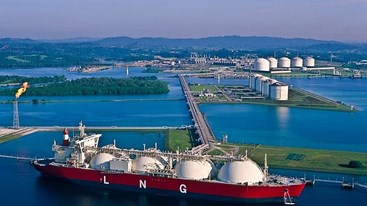
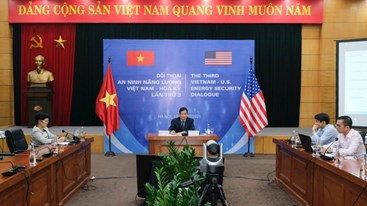
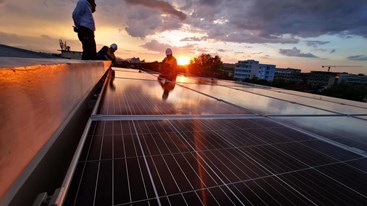
.jpg?w=367&h=206&mode=crop) Energy efficiency and conservation usage is an important aspect of the national energy development strategy
05/03/2024
Energy efficiency and conservation usage is an important aspect of the national energy development strategy
05/03/2024
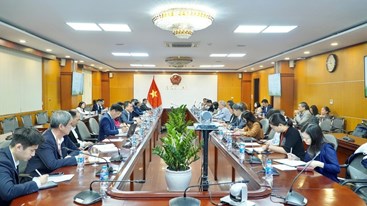 Challenges and Opportunities to promote energy efficiency market in Vietnam
Challenges and Opportunities to promote energy efficiency market in Vietnam
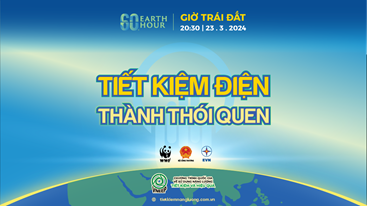 The Ministry of Industry and Trade requests government agencies to coordinate in organizing Earth Hour 2024
The Ministry of Industry and Trade requests government agencies to coordinate in organizing Earth Hour 2024
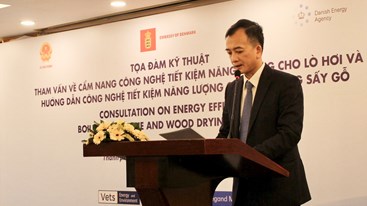 Consultation on Energy Efficiency Boiler Catalogue and Wood Drying Guideline
Consultation on Energy Efficiency Boiler Catalogue and Wood Drying Guideline
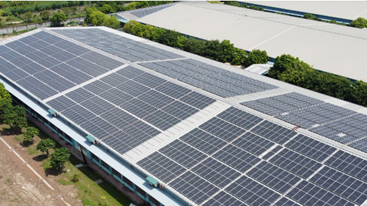 Son Ha Co., Ltd, applies energy efficiency and conservation measures
Son Ha Co., Ltd, applies energy efficiency and conservation measures
.png?w=367&h=206&mode=crop) Request for expression of interest - C2.1.13: Capacity Building on energy efficiency policies development
Request for expression of interest - C2.1.13: Capacity Building on energy efficiency policies development
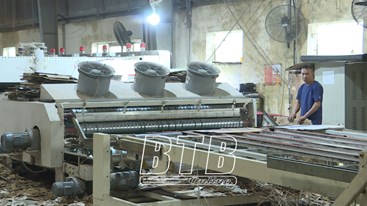 Phuc Kien Co., Ltd., is effectively implementing energy-saving measures
Phuc Kien Co., Ltd., is effectively implementing energy-saving measures
 Request for expression of interest - C2.1.12: Independent monitoring of safeguards implementation
Request for expression of interest - C2.1.12: Independent monitoring of safeguards implementation